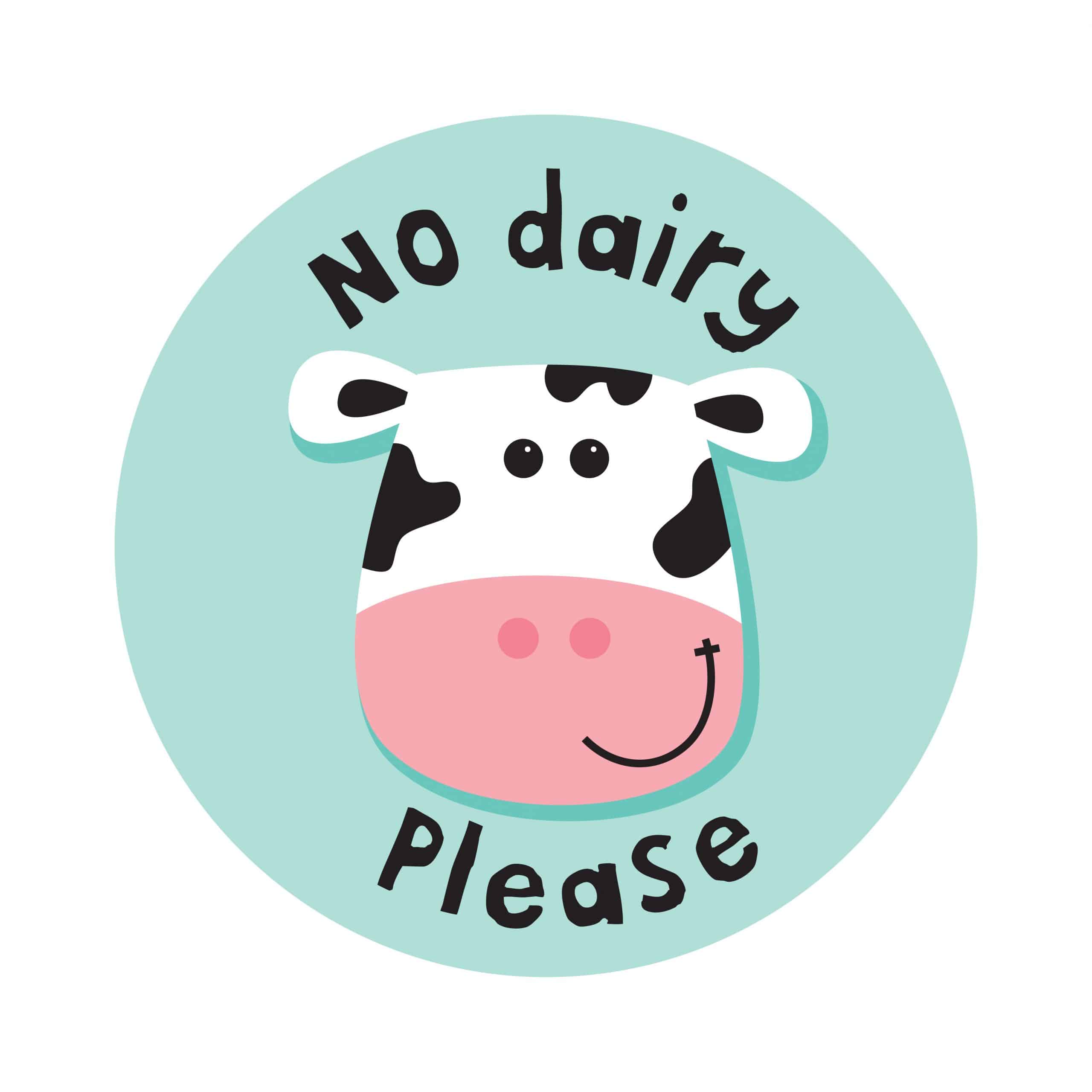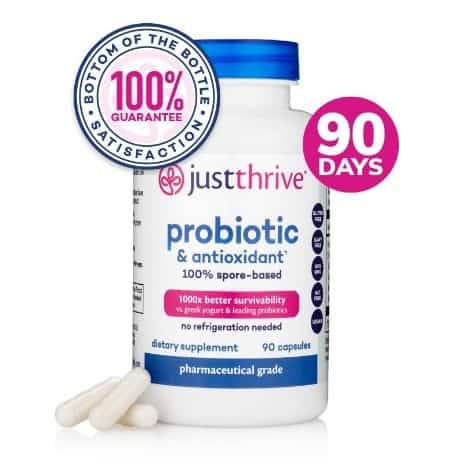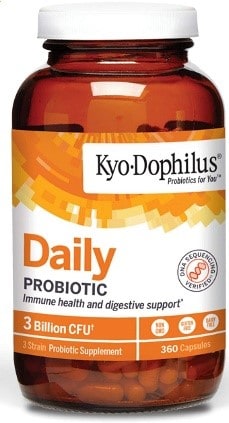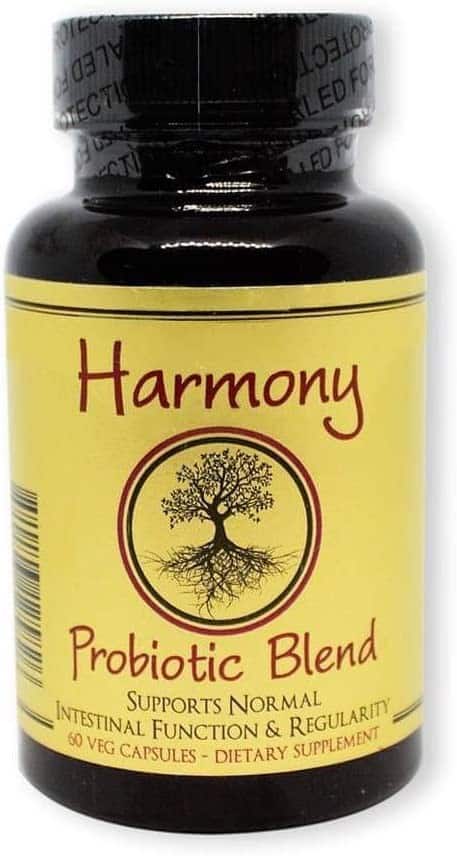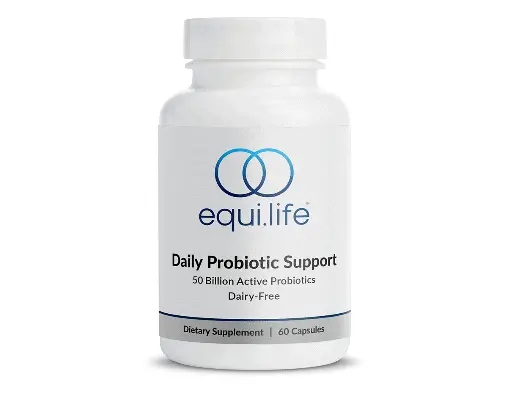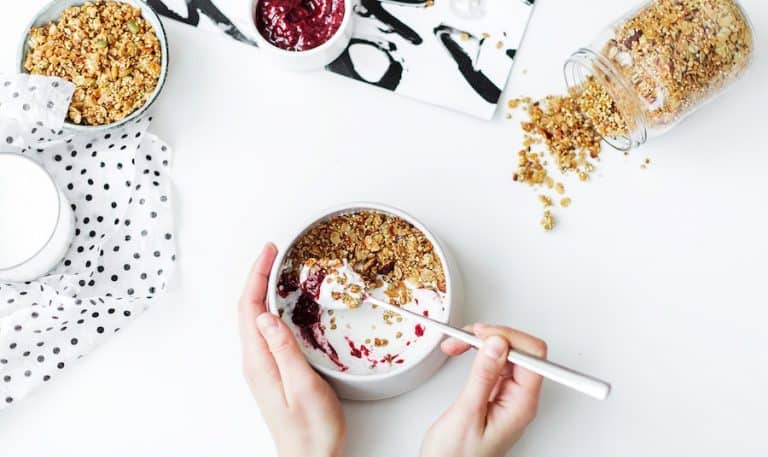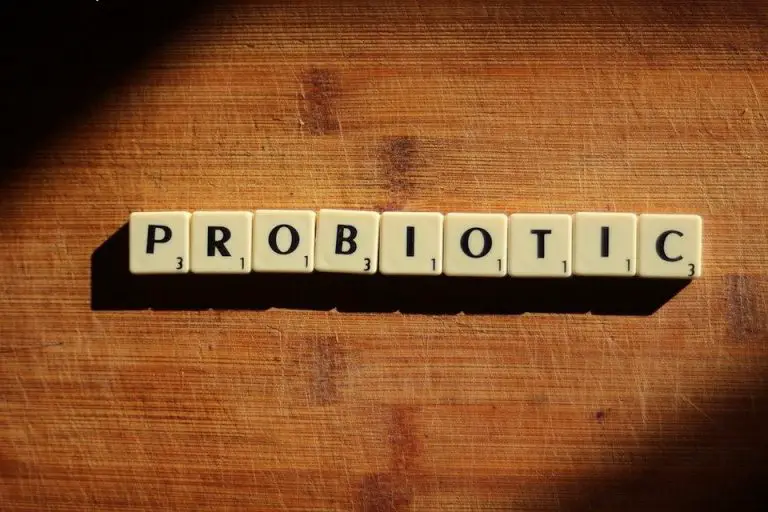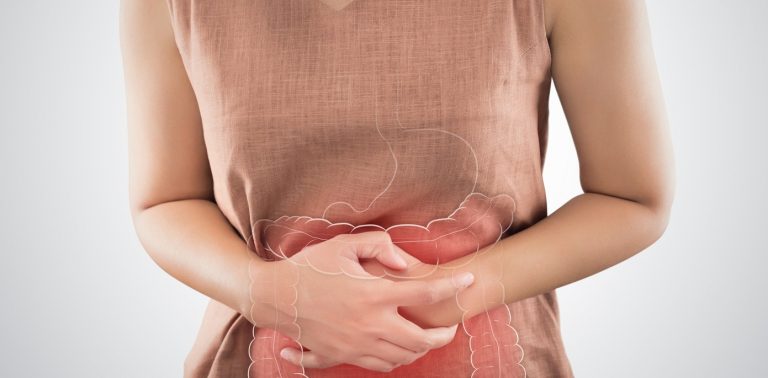10 Non Dairy Probiotics Perfect for the Lactose Intolerant
You already know how crucial it is to have a wealth of good gut bacteria. Especially if you’re among the 60 to 70 million Americans who are affected by digestive diseases, there is almost nothing you wouldn’t do – or eat – to get rid of the bloating, gas, and cramping that plague you throughout the day.
But what if you’re also lactose intolerant? And there’s a very good chance you might be. According to the Genetics Home Reference, approximately 65% of the human population has difficulty digesting lactose…and this goes up to 90% of the adult population for people of East Asian descent.
This means you need to be picky about the good gut bacteria you put in your stomach. Otherwise, it just might lead to even more gastrointestinal distress. And ain’t nobody got time for that.
The good news is that there are plenty of non-dairy probiotics to choose from. It might not seem that way since all the most popular probiotic foods that are bandied about are all off-limits for the lactose intolerant, i.e., yogurt, cheese, and kefir.
But there’s actually a bevy of dairy-free probiotics out there to choose from. We’ve gone ahead and compiled the best of them here – both in supplement and whole food form – so you can have your good gut bacteria and eat it too!
Curious about our guidelines for choosing the best probiotics? Here they are…
- Number of different strains. There are many types of probiotic strains, and each strain has a slightly different function, so probiotics that combine multiple beneficial strains are more effective because, well, synergy.
- CFUs (Colony Forming Units). More is not necessarily better and how many CFUs you should be taking depends on your needs, but we look for a minimum of 1 billion CFUs for a daily probiotic for adults.
- Freshness in packaging. In essence, does it guarantee that most of the beneficial bacteria will reach your gut alive and well?
1. JUST THRIVE NON DAIRY PROBIOTIC
Just Thrive Probiotic contains the Bacillus Indicus HU36 strain. This strain produces antioxidants in your digestive system and is then readily absorbed by the body. This probiotic supplement supports immune, digestive, and emotional health.
It’ss made without soy, dairy, sugar, salt, corn, tree nuts, or gluten and is vegan, paleo, and keto-friendly. This non-dairy probiotic blend contains three billion cells and is shelf-stable. No refrigeration is required.
2. KYOLIC KYO-DOPHILUS DAIRY FREE PROBIOTICS
Kyolic’s gluten-free and non-dairy probiotics seem a little lacking at first – Only 1.5 billion CFUs?! Only three probiotic strains?! But this is one very potent example of when more is not necessarily better.
The specially cultured strains include the big 3 – L.acidophilus, B.longum, and B.bifidum – and are produced from non-dairy, heat-stable, stomach acid resistant strains, so you can rest assured you’re giving your gut the most effective combo of non-dairy probiotics.
This is also the brand we’d recommend most if you’ve had previous issues with probiotics. The very fact that Kyo-Dophilus only contains the most necessary probiotic strains means you have less chance of side effects from strains that might not agree with you, such as if you’re histamine intolerant.
3. HARMONY NON DAIRY PROBIOTICS BLEND
Harmony’s gluten-free and dairy-free probiotics are what we’d most recommend for women and those suffering from IBS and gastrointestinal conditions.
Unlike the above non-dairy probiotics, these only contain 2 of the big 3 – L.acidophilus and B.bifidum – but it makes up for this with bacillus coagulans, which is great for immunity and IBS, and lactobacillus bulgaricus, which is great for inflammation, IBS, and leaky gut.
Their proprietary DDS-1 strain of Lactobacillus acidophilus has also been shown to be the best probiotic for women in controlling the growth of yeast, candida, and fungal infections.
4. EQUI.LIFE DAILY PROBIOTIC SUPPORT
Equi.Life daily probiotic support is a non-dairy probiotic supplement option you can choose if you are looking for a multi-species formula with eight beneficial probiotic strains. This daily probiotic supplement supports gut barrier function, better digestion, dairy-free, and has 50 billion live probiotics per serving.
It is suitable for even the most sensitive digestive system. It can also help improve lactose tolerance, reduce bloating, and extract energy from the foods you eat. Its top five ingredients include Lactobacillus acidophilus, Lactobacillus Plantarum, Lactobacillus rhamanosus, Lactobacillus gasseri, and Bifidobacterium lactis.
KOMBUCHA
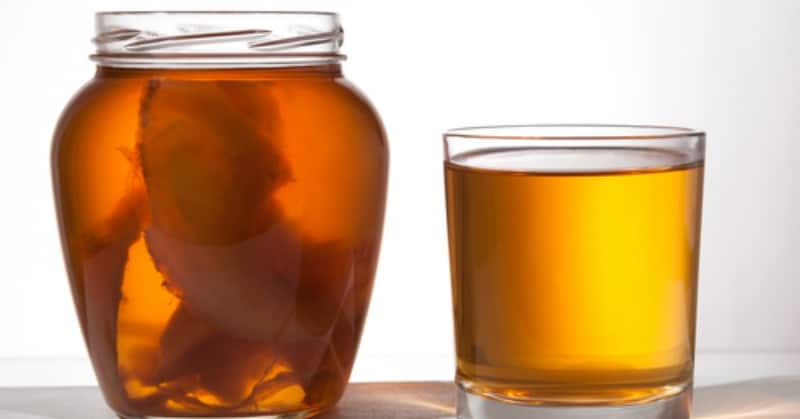
A deliciously tart and dairy-free probiotic, kombucha is also one of the easiest probiotic drinks to make at home. If you’re wondering what it is, kombucha is a fermented tea rich in beneficial bacteria, vitamin B, and glucaric acid, which is deeply detoxifying for the body.
Extra perks? Kombucha not only keeps your gut happy and healthy but is also known to boost energy, promote weight loss, fight bacterial infections, and support liver function.
MISO
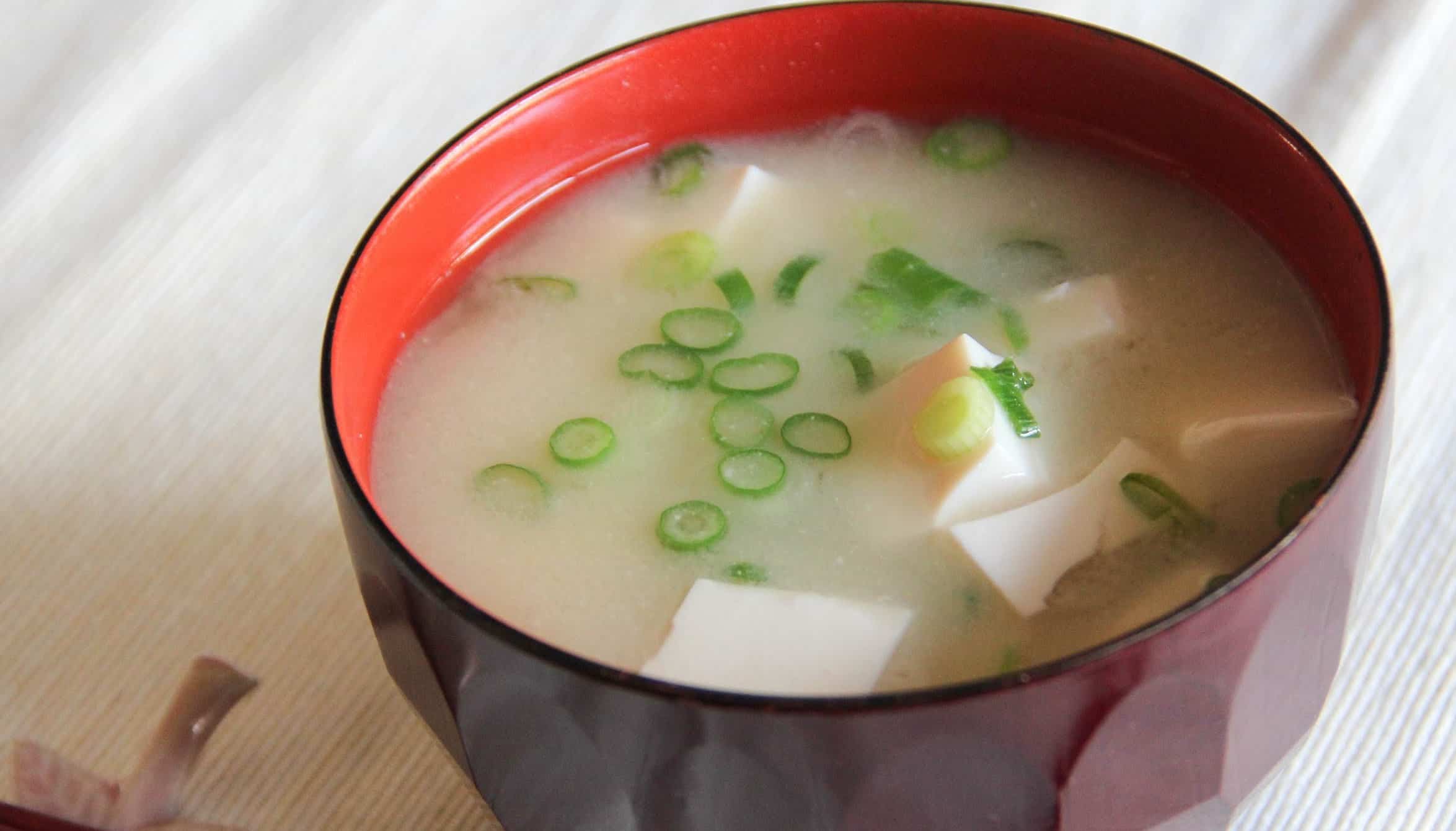
If you like Japanese food, this is probably already a staple of your diet. For those who have been missing out all these years: miso soup is made from fermented rye, beans, rice, or barley.
It’s ultra-easy to make (just toss a tablespoon of miso in some hot water) and great for dieters since a cup of miso soup has a mere 66 calories and will fill you up. Just make sure to go dark when choosing miso – the darker it is, the longer it’s been fermented. It’ll taste stronger, but that’s because it’s packing more gut-boosting goodness!
SAUERKRAUT
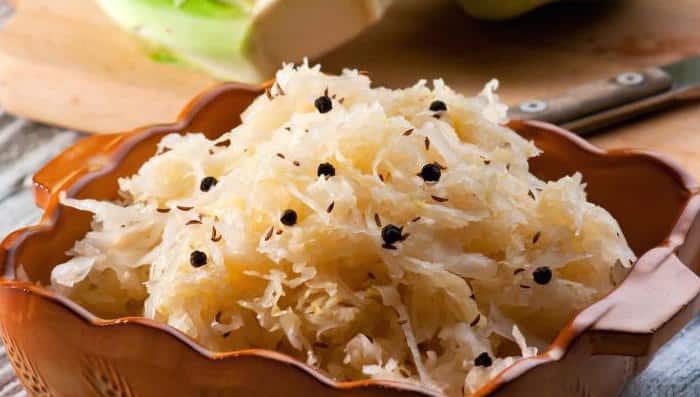
From the other side of the globe, sauerkraut is at the top of its probiotic game. Much loved all over Central and Eastern Europe, there are a million and one ways to eat sauerkraut. You have probably already tried it as a condiment. Whether it is on top of your bratwurst or stuffed into some veg, it’s a tasty addition to any meal.
Toss some in a sandwich, salad, soup, or use it as a side dish for any meal. While it isn’t everyone’s cup of tea, it is an incredibly versatile dish. In other words, keep trying ways to mix things up before you declare that you hate it!
A cup of this probiotic-rich side will give you a good dose of fiber, vitamin C, iron, and vitamin B6. It is a great way to get a good dose of everything that you need in a tiny package.
KIMCHI
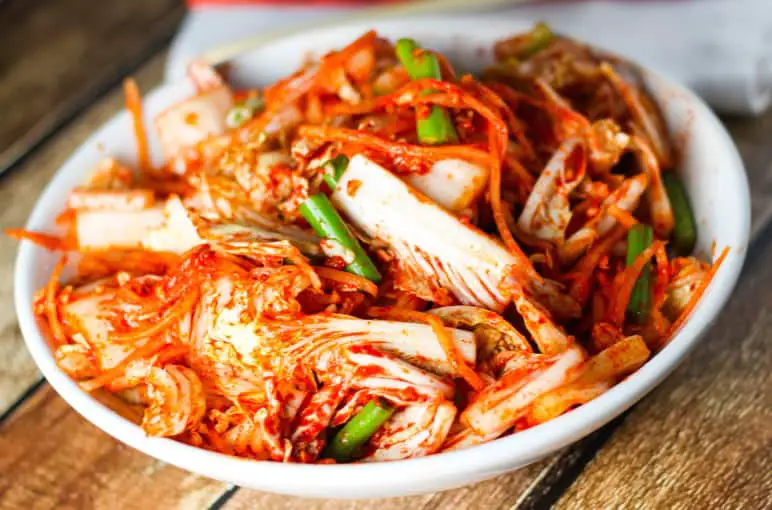
Here is another Asian treat packed with probiotics. This Korean mainstay is eaten at every dinner by millions of people. Like spicy sauerkraut, this has all of that good stuff that your body is craving, including vitamins A, C, B1, and B2 alongside beta-carotene, calcium, iron, and of course, probiotics!
If you’ve had kimchi before and weren’t into it, try again. Not all kimchi is created equally! The spice levels are all over the board, and different people use different seasonings, so there might just be a blend out there that’s perfect for you.
SOUR PICKLES
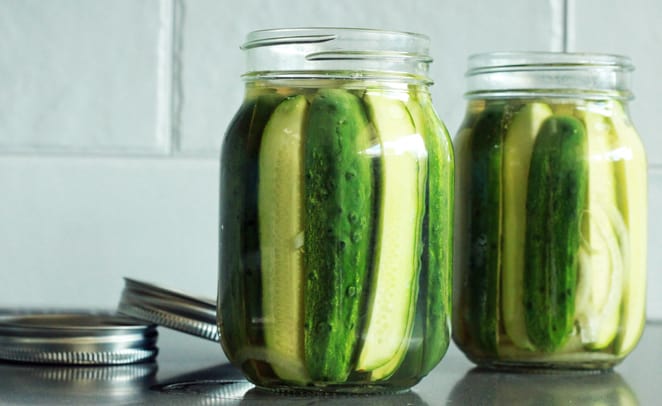
Not all sour pickles are created equal. Most of the pickles you’ll find on your supermarket shelves use vinegar and are cooked during the canning process, which kills off the beneficial enzymes we’re trying to get our hands on.
Instead, look for pickles made using lacto-fermentation, which uses sea salt and water to encourage the growth of lactic-acid producing good bacteria. Pickles that are pickled in this manner are bursting with live enzymes and make great foot soldiers in your army of beneficial gut flora!
TEMPEH
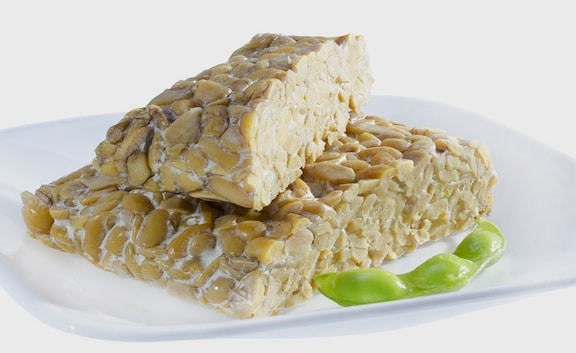
This is a great one for all you vegetarians seeking dairy-free probiotic options. This meat alternative has more protein, fiber, and probiotics than tofu! It’s also incredibly versatile and vegan-friendly.
You’ll find it fried, sauteed, or grilled and tossed into a wide array of Asian dishes. There are countless ways to make it, and because the flavor isn’t particularly strong, it is easy to find the perfect recipe for you. Scour your local Asian supermarket, and you’re sure to find some.
Non Dairy Probiotic FAQ
Still have questions? Read our brief FAQ people for more information regarding non-dairy probiotic supplements and your digestive health.
Is non dairy yogurt a probiotic?
Many non-dairy and vegan yogurts do include live cultures that are considered probiotics or beneficial gut bacteria to support healthy digestion. However, some vegan and non-dairy yogurts do vary in their quality, and some may have added sugars. A non-dairy yogurt with probiotics is Daiya. The base of this yogurt is coconut cream and pea protein.
Is Lactobacillus Plantarum dairy-free?
Plantarum is found in many fermented foods of plant origin. It is a lactic acid commonly found in fermented foods, including kimchi, brined olives, pickles, sourdough, and other fermented plant materials. It is also found in non-dairy foods like some cheeses and yogurts.
Are probiotics made from dairy?
You will find that several of the most popular probiotic foods and supplements contain animal products of some kind, with the most common being dairy. This can be problematic if people are intolerant to lactose. However, we have reviewed several non-dairy probiotic supplements above that you can use in place of those made with dairy products.
Can probiotics help with dairy allergies?
One of the most common food allergies in children is milk. However, the probiotic bacteria Lactobacillus rhamnsosus GG have been found to be effective in treating this dairy allergy. Evidence has shown that probiotic bacteria in fermented and unfermented milk products can alleviate some of the symptoms of lactose intolerance.
Disclaimer: While our team of medical expert writers makes every effort to convey the correct, relevant, and most up-to-date information, you should never disregard advice given to you by your medical practitioner or delay seeking medical assistance because of something you have read on Gutsify or received in correspondence from Gutsify. Please refer to our Terms and Conditions.

